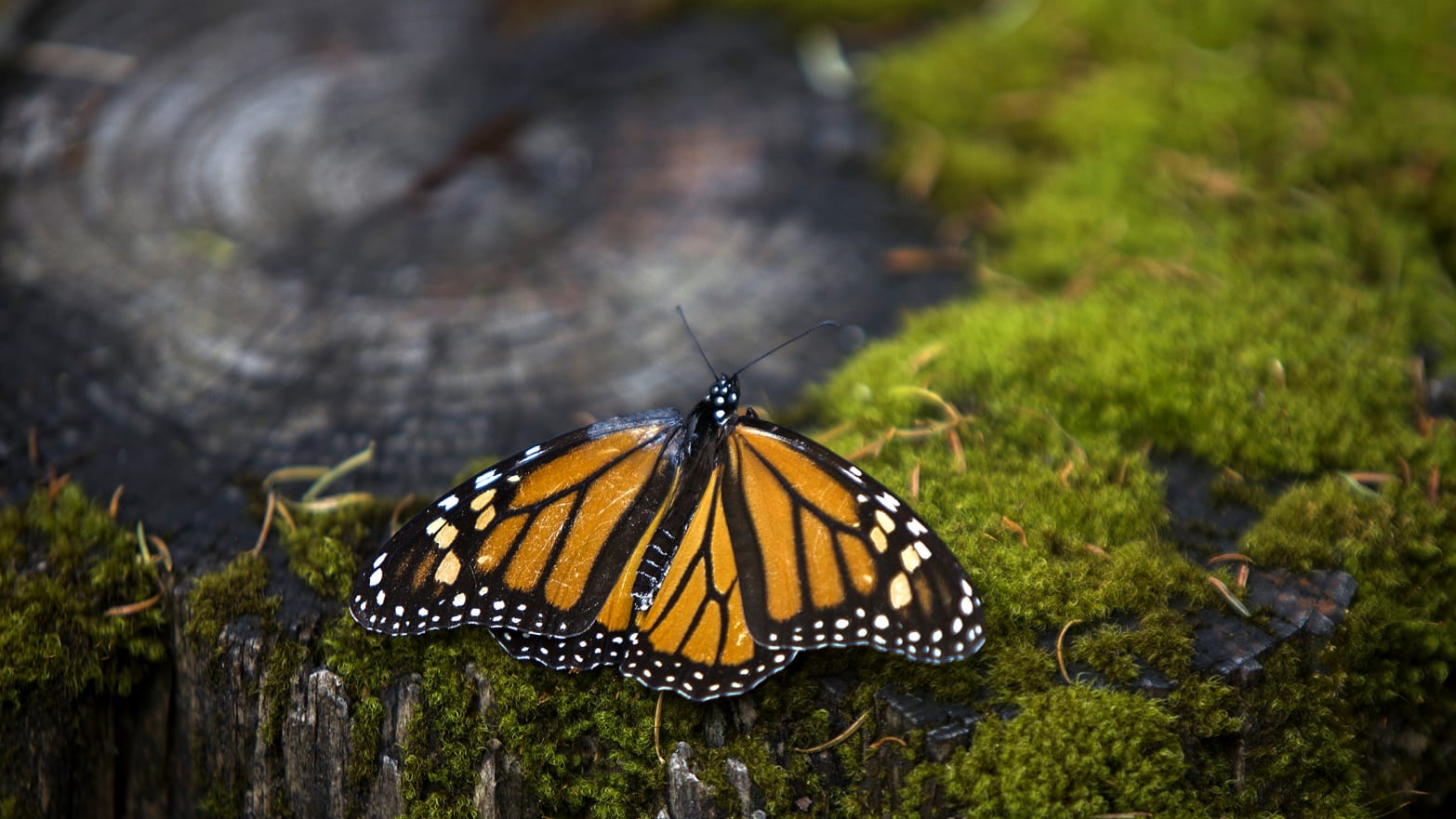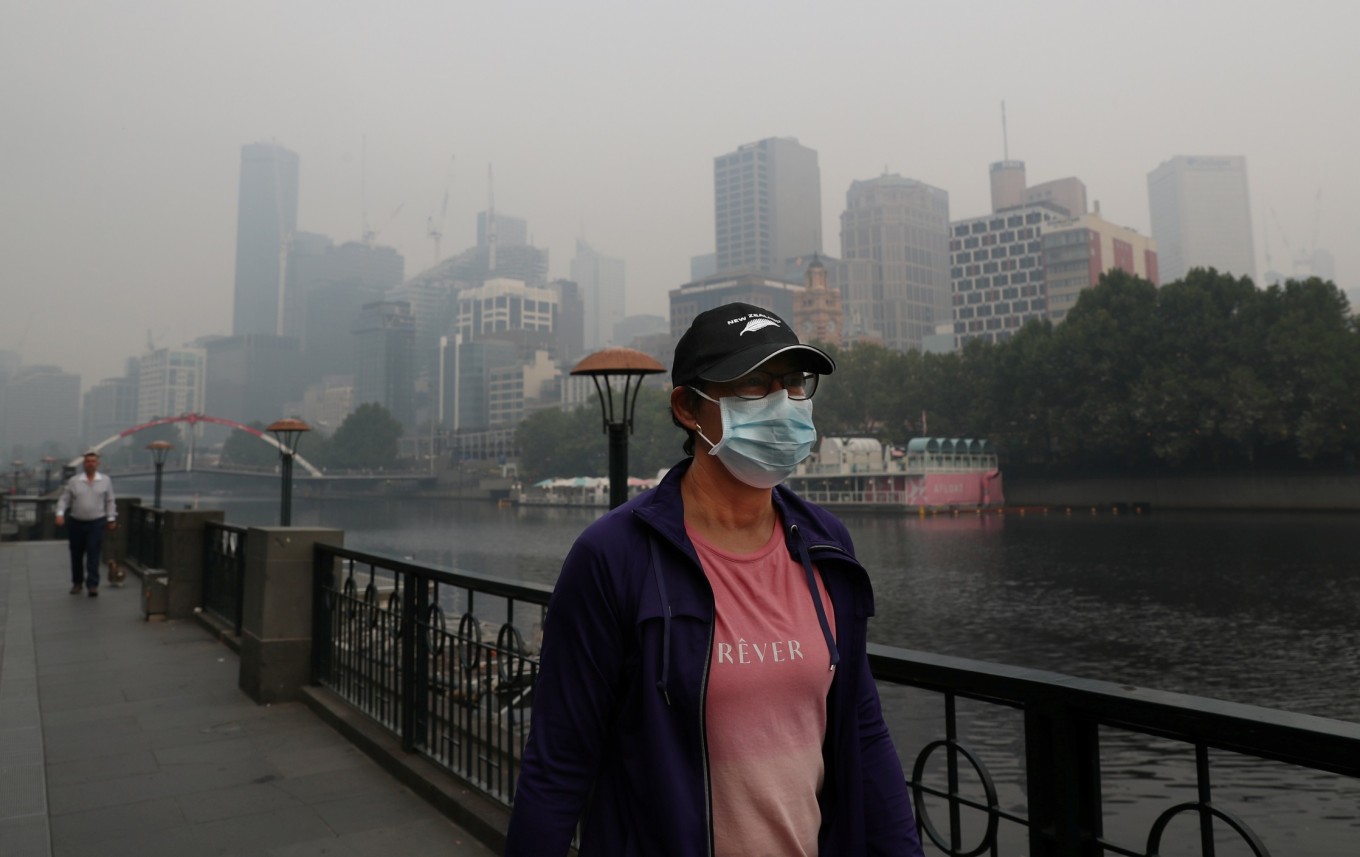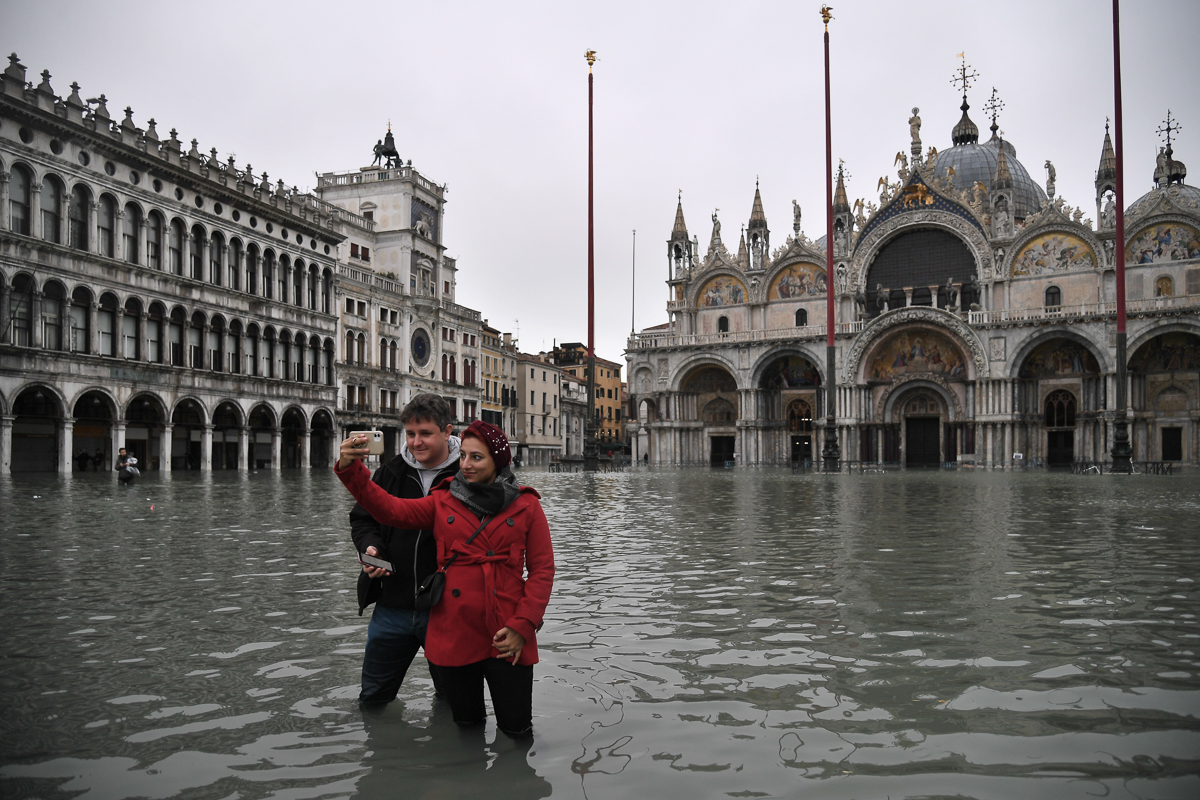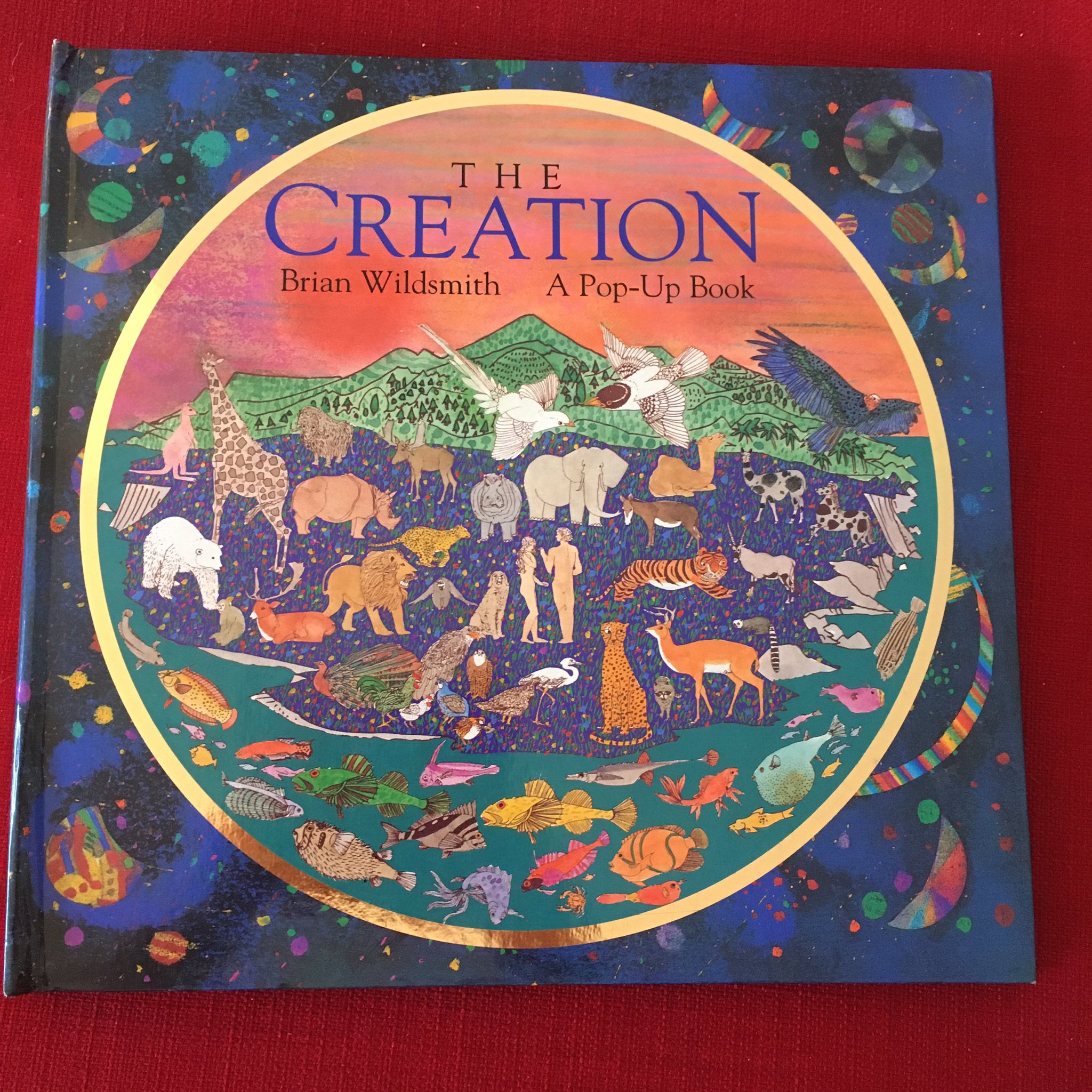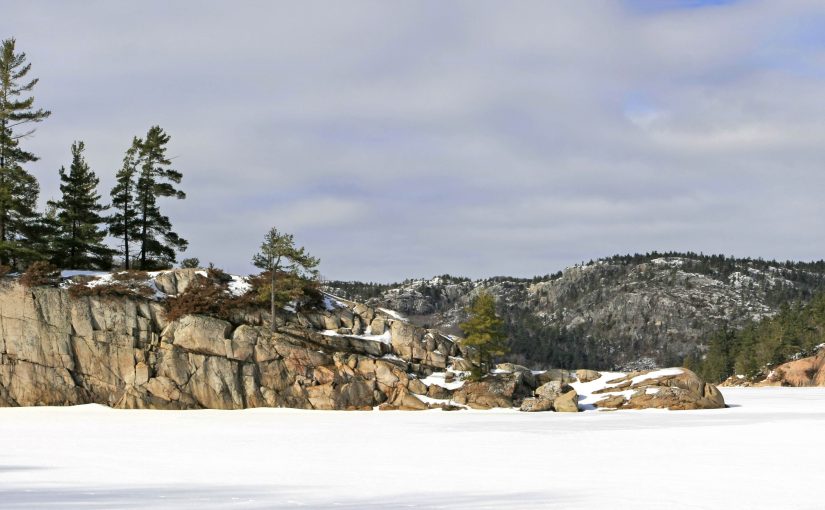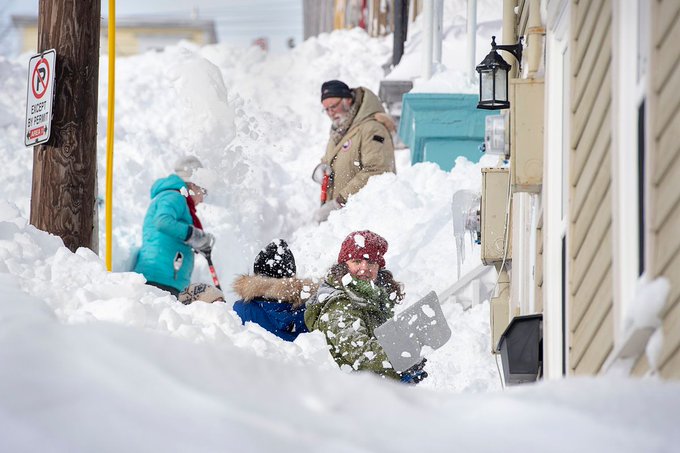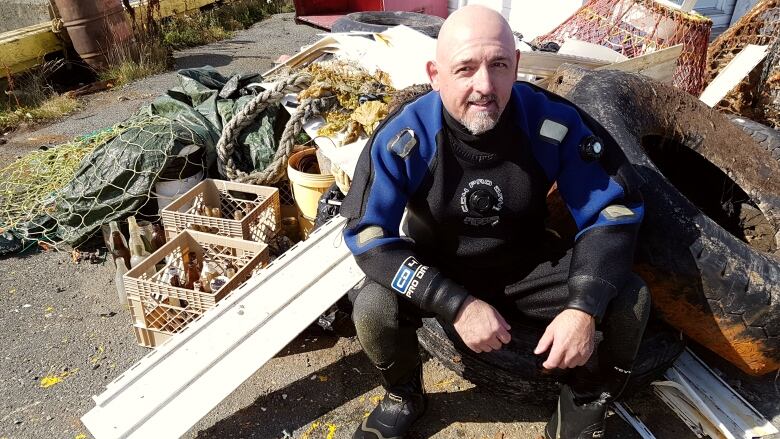This past Saturday we were "chief cooks and bottle washers" for one of our grandson's seventh birthday parties. Even though we were sort of in the background as the kitchen crew the noise level grew and grew, especially during the Pokemon card scavenger hunt. At one point I pulled out my phone and used the SoundPrint decibel app (free) and we were spiking above 80 decibels, the equivalent of a diesel truck rumbling past on the street. As I write in the quiet of my study it's just over 30. But what else would be expect from a fun kid's party!
The thing is, do we really want to live in a constant children's party? If your answer is "yes" then seek professional help immediately. Yet that seems to be happening in our culture, seemingly inexorably and exponentially. .

A week ago in the Globe and Mail there was an article entitled The Quest for Quiet by Gayle MacDonald in which she muses on her growing desire for silence. Her husband is a little surprised by this development but it is important to her.
Silence is a precious commodity that is disappearing, according to the World Health Organization, which has been tracking noise levels for over a decade. In its newest guidelines for Europe, it described noise pollution as an “underestimated threat” that hurts our health, contributing to everything from stress to high blood pressure, cardiovascular disease, dementia, diabetes, and of course, hearing loss. This comes at a cost of one million healthy life years – every year – in Europe alone, to the tune of more than €40-billion ($58-billion).
https://www.theglobeandmail.com/life/health-and-fitness/article-in-an-increasingly-clamorous-world-silence-is-becoming-essential-to/
MacDonald also quotes Vancouver acoustic ecologist Hildegard Westerkamp who takes up to 60 people on one-hour silent walks in the city through the seasons:
“Many people are afraid of silence – find it oppressive or depressive – but the ones who join the walks are comfortable in it or they want to learn how to be comfortable in it. We don’t speak. We listen to the environment and I encourage them to listen to their own thoughts and reactions,” he says. “After the walk, we do an assessment. People tell me they feel a bond with the people in the group – without saying a word. In quiet, we listen to the world around us differently. We get better insight into ourselves and often to the people around us.”
I feel that we would all do well to become "acoustic mystics", finding the quiet places and spaces which we hear about in scripture for Hagar and Moses and Jesus and others. Hey, Jonah came out of the belly of the fish more attuned to the voice of God!
Ice Formation on the Moira R. during a quiet walk this morning


